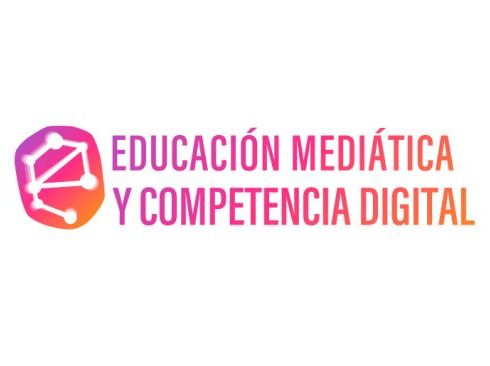Capítulo del libro Media Literazy, Equity and Justice de los investigadores de Internética Alfonso Gutierrez y Alba Torrego.
Teacher education is in dire need of consistent criteria that can circumscribe a critical approach to media education and digital literacy in the age of post-truth. This proposal offers a nuanced view of the difference between training teachers for the use of ICT (or the so-called “digital competence”) and teacher training in media education. We argue that, in order to address professional training for educators and, more specifically, the initial training of teachers in media education, it is imperative to clarify concepts, avoid reductionism, and design concrete, feasible plans. Prioritizing technical training is among the most frequent types of reductionism, and this can be detrimental to more critical and reflective approaches. In general, teacher training focuses on the mastery of educational technology rather than media education. Moreover, ICT approaches focus on “learning to know” and “learning to do” rather than “learning to live together” and “learning to be.” As a result, attitudes and values tend to be relegated to the background. In this chapter, we propose new approaches to media education research and a revamped ICT and media education curriculum model for teacher training, more suitable to the post-truth era.
Gutiérrez-Martín, A. & Torrego-González, A. (2022) ICT and Media Education Curriculum for Teachers in the Post-Truth Era. In Media Literacy, Equity, and Justice. Edited By Belinha S. De Abreu. Routledge. Taylor and Francis Group. PP. 33-43
